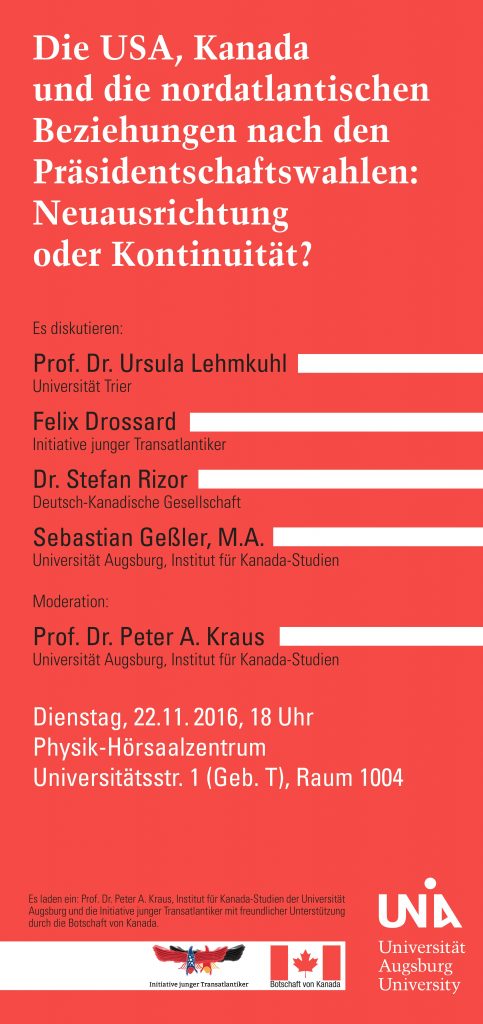Colloquium, 18 – 19 May 2017, Université de Nantes, France
Organizers: Daniella Kostroun (Indiane University – Purdue University, Indianapolis / IEA Nantes) and Yann Ligneureux (University of Nantes)
Sponsored by the Research Center for International and Atlantic History (CRHIA); Labex „Writing a New History of Europe“; the program „STAtutes, ‚RAces,‘ and ‚COlors,‘ in the Atlantic from Antiquity to the Present;“ and the Institute for Advanced Studies, Nantes.
The political, social, and religious systems of Old Regime France were designed and built on traditional, classical ideas about hierarchy and order in ways that promoted an ideal of a stable, self-reproducing system, one that was immune to the changes and contingencies that came with the passage of time. But what happened to these systems when they were contested and disrupted by the increase in commercial activity and the movement of people across the Atlantic Ocean in the 16th – 18th centuries? What were the effects, on individuals and on the society in which they lived, of this new „disorientation“ of institutions, families, and self-representations? What degrees of disorientation did this experience of alterity present, perhaps less in the matter of discovering of other places than in the process of self-discovery that occured in the hearts and souls of individuals?
The organizers explore these questions because the disorientation that resulted from colonial enterprises was a process that unfolded at the very heart of a worldview, one that had its traditional certainties and tenets challenged, weakened, and overturned. Assumptions about our human nature, our relationship to the divine, the essence of our political behaviour, and our need to build societies fell subject to what Jean Rohou has called the „revolution of the human condition“ in the 17th century. The disorientation experienced by the men and women who engaged in the Atlantic adventure was not just a test of distance, but a process of distanciation. Whether this process occured slowly and imperceptively or with incredible speed, it carved into individual consicences and the collective imagination new divides that were possibly as daunting as the ocean that had to be crossed. Was the long voyage from the old France to Canada or the Antilles, made out of fear or out of hope, an opportunity for liberation? Was the New World a place for renewal? Moreover, were these strangers in new worlds susceptible to an estrangement from themselves as they confronted new intersections of intimate, personal, communal and collective spheres?
These questions of the self, of the intimate, and of that which is called ipseity, have a history and an archaeology in the sources of their own. They are embedded in the accounts of the discovery and exploration of new lands in the Americas and of the peoples living there. Writers at the time were preoccupied by them. We find, either explicitly or in ways that were more indirect, in the administrative documents, personal letters, religious treatises, and literary texts, and other genres – including all other forms of artistic expression – discourses relating to peoples‘ fears and hopes surrounding the effects of the specific distanciation at work as they crossed and inscribed themselves in these new worlds.
The goal of this colloquium is to shed light on these fragile discourses and to take stock of them. They are fragile because they are at the cusp of what has since become a ridge demarking differences that needed to be protected, constructed, and overstated in subsequent centuries. In specifying how French men and women perceived this distanciation amongst themselves, this colloquium will help us understand differently how they interacted – whatever the nature of their projects in the Atlantic – with each other and with the other people whom they came to see as fundamentally other. It will also help us to think more generally about the problems France faced when it sought to uphold an ideology of stability and order in a world that was in reality shifting and demanding constant negotiation.
Plese submit paper proposals in French or English (approx. 350 words) and a short CV to the two organizers Daniella Kostroun and Yann Lignereux by December 20, 2016.

